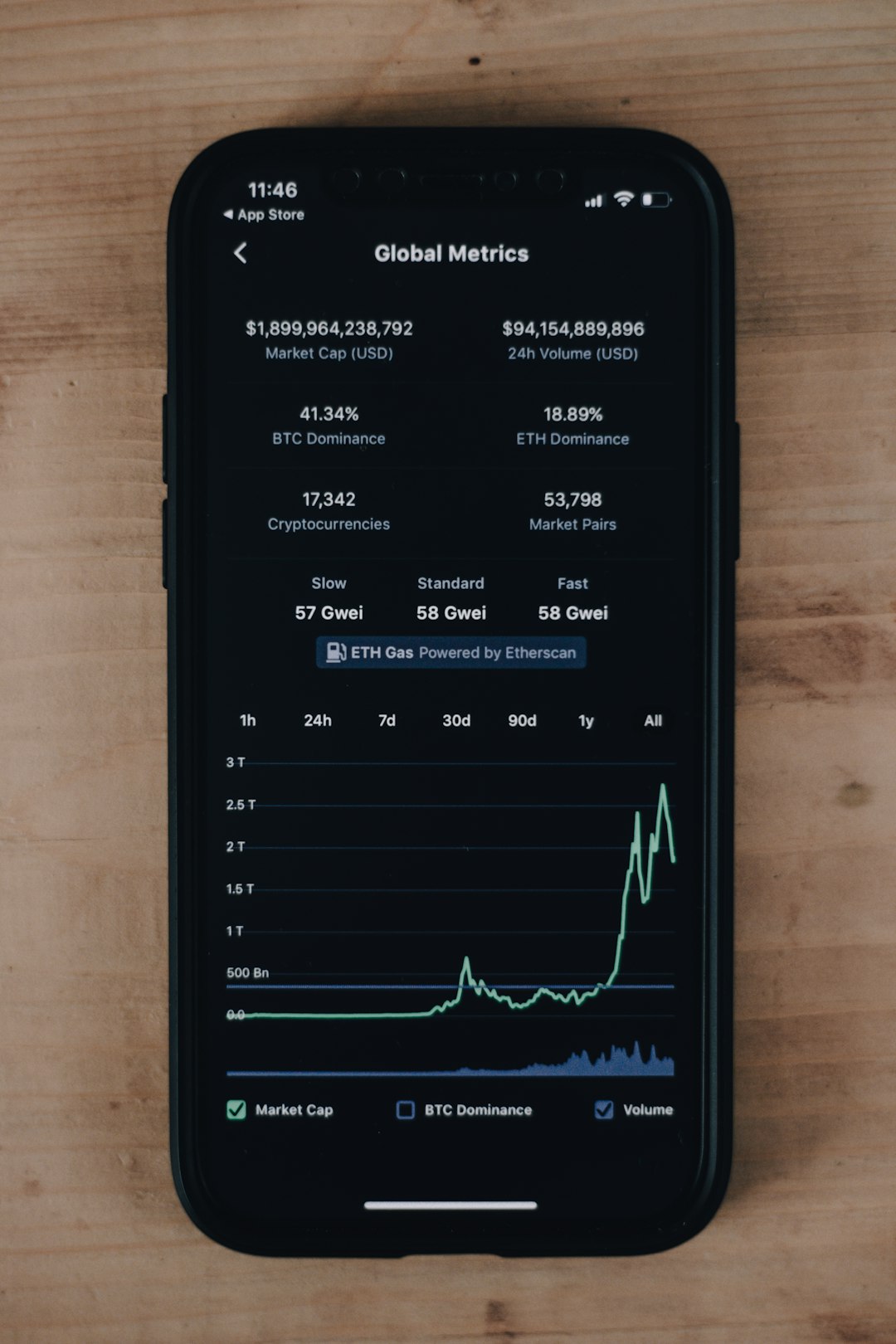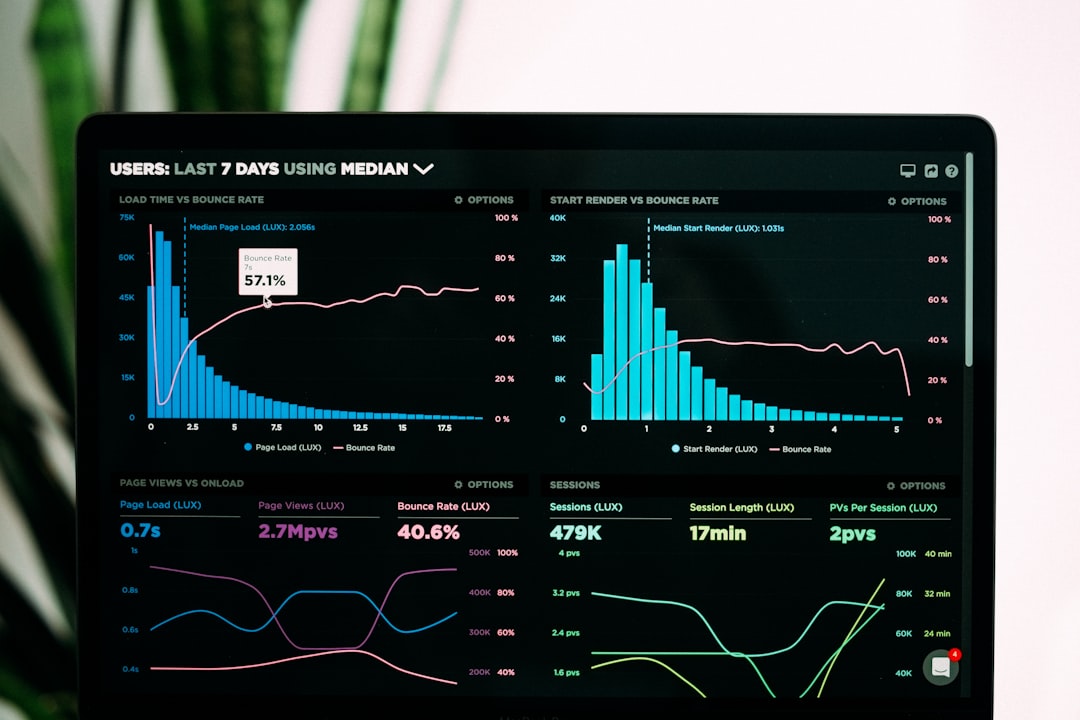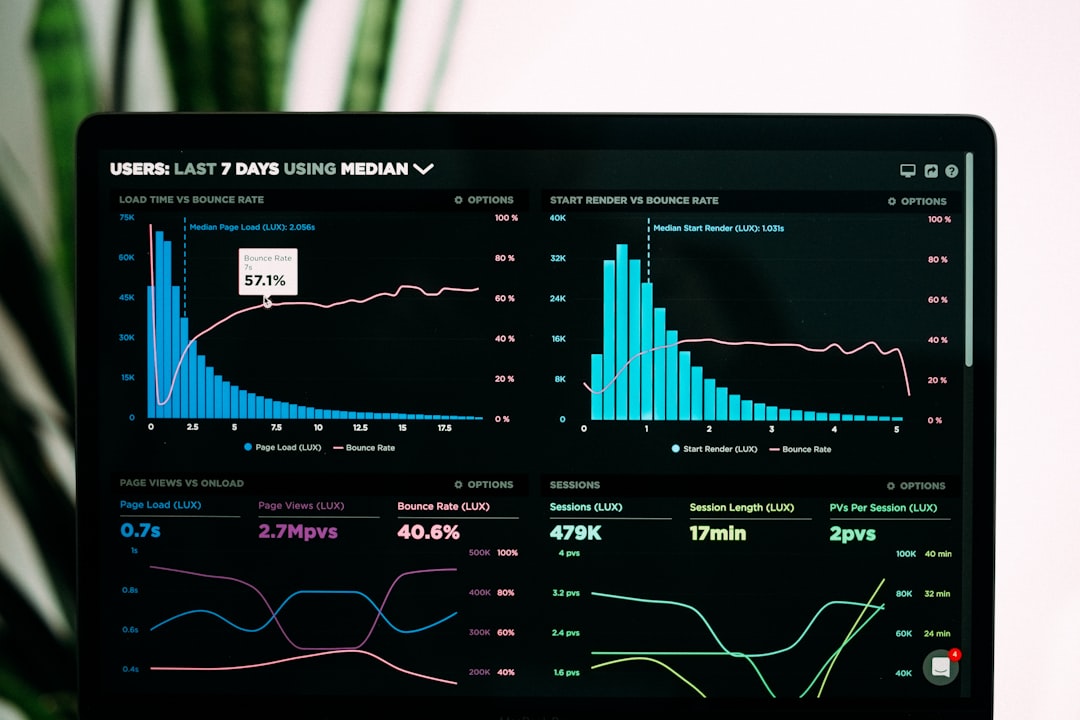Unlock encrypted content
Please enter your SSCE key to initiate on-the-fly decryption.
Decryption key: (Click cancel if you don't have the key)
Copied link to clipboard.
This feature is unavailable for free accounts. Upgrade now and enjoy all Premium benefits.
Go Premium!
This feature is unavailable for free accounts. Upgrade now and enjoy all Premium benefits.
Go Premium!
Please open this page in browser ( Google Chrome or Safari ) to use this feature.
Open In Browser
The Future of Data Storage: Innovations and Technologies.
Random related video for this blog.
Copied share link to clipboard.
The world of data storage is rapidly evolving, with new technologies and innovations emerging every year. From file archiving to autonomous vehicles, 3D printing technology to wearable devices, there are countless ways in which data is being collected, stored, and utilized. In this article, we will explore some of the latest trends and technologies in the world of data storage, including FileDrop to send files directly to a folder, online file storage, and blockchain data storage.
File Archiving
File archiving is the process of moving older or less frequently used data from primary storage to a separate storage system, freeing up space and improving overall performance. This is particularly important for businesses and organizations that generate large amounts of data, such as healthcare providers, financial institutions, and government agencies. By archiving data, organizations can reduce the cost of storage and improve the efficiency of their systems.
One of the most innovative solutions for file archiving is FileLu, a cloud storage provider that offers both free and premium plans for individuals and businesses. With FileLu, users can upload and share files of any size, and access them from anywhere with an internet connection. The platform also offers encryption file sharing, ensuring that sensitive data remains secure.
Autonomous Vehicles and Data Storage
Autonomous vehicles are becoming increasingly common, with companies like Tesla, Uber, and Waymo leading the way in self-driving technology. These vehicles generate massive amounts of data, from sensor data to video footage, which must be stored and analyzed in real-time. To meet this challenge, companies are turning to new data storage solutions, such as cloud storage and edge computing.
One example of this is the partnership between Waymo and Google Cloud, which allows Waymo to store and manage petabytes of data generated by its self-driving cars. By leveraging the power of Google Cloud's data analytics and machine learning tools, Waymo can quickly analyze and make sense of this data, improving the performance and safety of its autonomous vehicles.
Blockchain Data Storage
Blockchain technology has been hailed as a game-changer in many industries, from finance to healthcare. One area where blockchain is particularly promising is data storage, as it offers a secure, decentralized way to store and share information. By using blockchain, data can be stored in a tamper-proof, immutable ledger, ensuring that it cannot be altered or deleted.
One example of this is Filecoin, a decentralized storage network that allows users to rent out their unused storage space to others. By using blockchain technology, Filecoin ensures that data is stored securely and reliably, with no single point of failure. This makes it an attractive option for businesses and organizations that require high levels of security and reliability in their data storage solutions.
Conclusion
In conclusion, the world of data storage is constantly evolving, with new technologies and innovations emerging every year. From file archiving to autonomous vehicles, 3D printing technology to wearable devices, there are countless ways in which data is being collected, stored, and utilized. By staying up-to-date with these trends and technologies, businesses and organizations can ensure that they have the best possible data storage solutions in place, allowing them to stay competitive and agile in today's fast-paced digital world.
If you're looking for a reliable and secure cloud storage provider, be sure to check out FileLu. With its large file transfer capabilities, encryption file sharing, and affordable pricing plans, FileLu is the perfect solution for businesses and individuals alike.
FileLu offers Premium plans ranging from 256 GB to 500 TB at price as low as $2.50 per month, and free plans from 10 GB to 250 GB. FileLu offers large file transfer capabilities, allowing users to send files up to 250 GB in size.
By Amelia Isabella.
Email: [email protected]
Related
Cloud Storage for Businesses: Embracing Futuristic Gadgets and Machine Learning...
June 28, 2023
Read More
Nanotechnology: Revolutionizing File Management and Storage for Photographers
June 28, 2023
Read More
Machine Learning Algorithms: Enhancing Virtual Reality, Online File Storage, and...
June 28, 2023
Read More
Internet of Medical Things (IoMT): Revolutionizing Healthcare with Advanced File...
June 28, 2023
Read More
Streamlined File Sharing Workflows: Enhancing Efficiency and Security in Cloud...
June 28, 2023
Read More
Popular
Latest
The Future of Digital Transformation: Exploring Smart Homes, Efficient File...
November 30, 2025
Read More
Exploring the Benefits of Cloud Storage and Innovative Technologies in...
November 26, 2025
Read More
The Future of Technology: Exploring Biohacking, Space Tourism, and Digital...
November 23, 2025
Read More
The Future of File Sharing: Streamlined Workflows for Photographers and...
November 19, 2025
Read More
Exploring the Intersection of Technology: From Cybersecurity to Augmented Reality...
November 16, 2025
Read More
The Future of File Management: Embracing Edge Computing and Efficient...
November 12, 2025
Read More
The Future of File Sharing: Exploring User-Friendly Solutions and Data...
November 5, 2025
Read More
The Future of Cloud Storage: How FileLu Empowers Creative Professionals...
November 2, 2025
Read More
The Future of Autonomous Technologies: Innovations in Robotics, File Sharing,...
October 29, 2025
Read More
Emerging Technologies Revolutionizing File Management: From Li-Fi to Robust Collaboration...
October 26, 2025
Read More
Emerging Technologies: Exploring the Impact of File Access Auditing, Genetic...
October 19, 2025
Read More
The Future of Data Storage: Exploring Advanced Encryption, Mobile Integration,...
October 5, 2025
Read More
Exploring the Future of Data Management: Security, Efficiency, and Cognitive...
September 28, 2025
Read More
Revolutionizing Data Management: Innovations in Storage, Security, and Sustainable Technology.
September 24, 2025
Read More





















